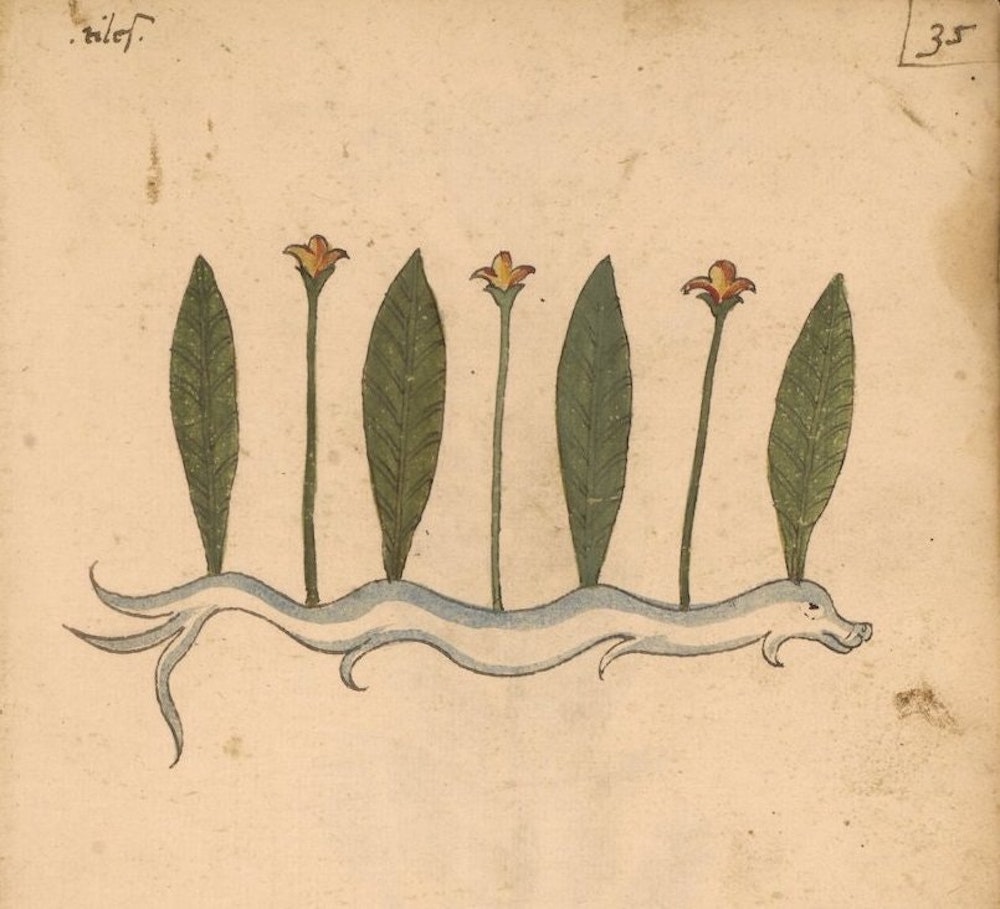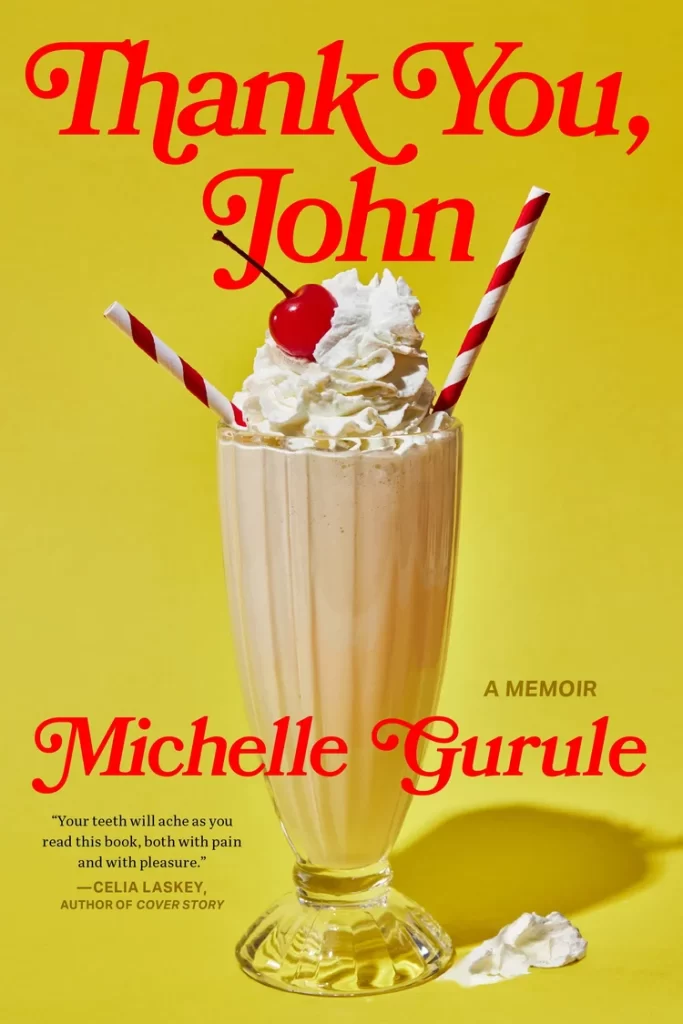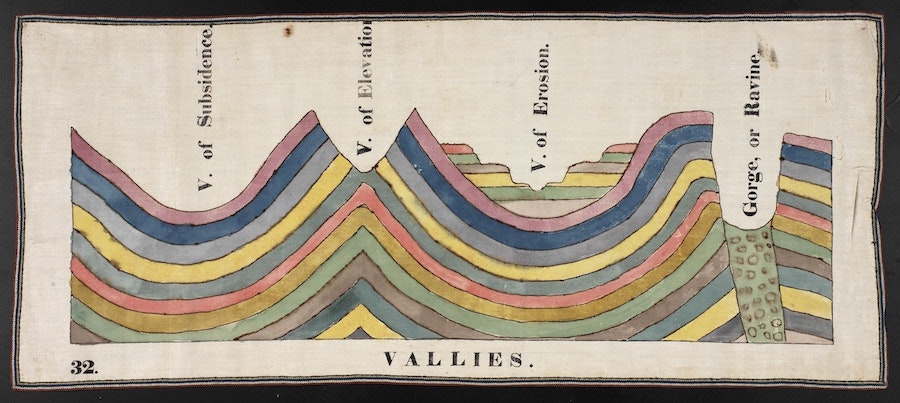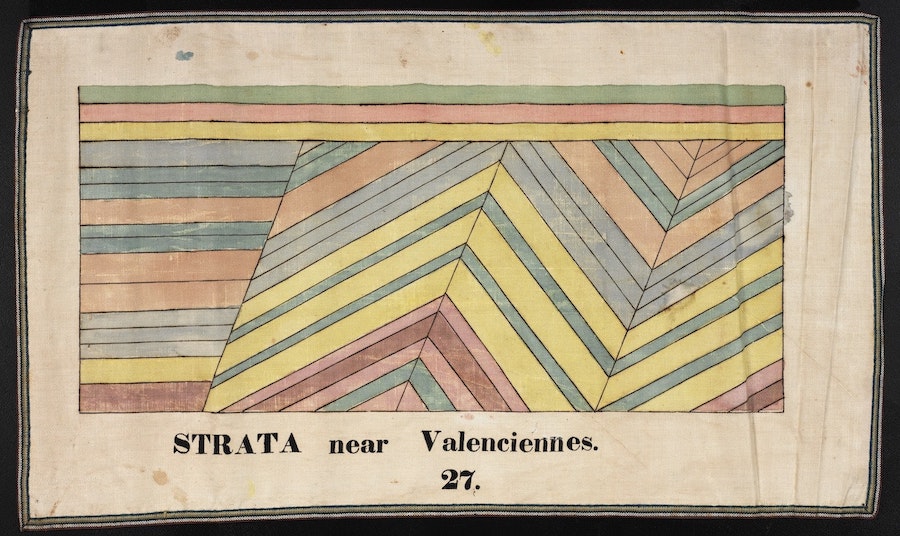All summer, I’ve been chewing on the question of what I hope to find in the fiction submissions for this fall’s issue of Blue Mesa Review. As the new fiction editor (so I’ve been told) I have the rare opportunity to craft a fiction section that reflects my sensibilities as a writer and reader, with stories that meet my personal definition of excellence. But the little jury that sits in my head is still out as to what, exactly, that definition entails. So, in lieu of a proper answer, I’m going to share a few thoughts on what fiction is, or might be, or can be, by way of an introduction to me and my tastes. Maybe, somewhere along the way, I can find a few more specific suggestions to share—no hard and fast rules for what I will or won’t publish, but perhaps some broad characteristics that I like or dislike in a piece of fiction.
First off (and with all due respect to my comrade Paris Baldante, BMR’s nonfiction editor), I’m of the expansionist camp of fiction writers who hold that all prose writing is, in fact, fiction—at least ontologically speaking. The written word comprises another world distinct from the one in which we live, for all that one world may resemble the other; a piece of writing, however we might try to label it, cannot be called Real in the same way that we’d call a living person, a lived experience, or even an object Real. That’s not to say I don’t recognize a difference between fiction and nonfiction, only that I consider that difference highly slippery. It’s not enough to say that only nonfiction can represent or reflect the Real: just as Paris suggests in her staff introduction that strong nonfiction pieces often benefit from the creative tools and narrative beats of fiction, so too, I think, does fiction benefit greatly from a relationship to the Real. While I often read purely for the pleasure of escape, I think it’s fair to say that most great fiction offers perspective on the world in which we live. While not in and of itself a qualifying factor, I’d love to see submissions that have something to say not just about the world at large, but the world as seen from BMR’s home base in Albuquerque, New Mexico: stories that grapple with the harsh realities and hidden joys of life in the desert, especially as our climate shifts and changes in the grip of colonialist capitalism; stories that look hard at the social, ethnographic, and gendered dynamics that govern both sides of the Southwestern border, as well as the borderlands and in-between places; stories that give voice to the history and mythology that animate the Southwestern landscape. Again, don’t consider a local connection a must for your fiction submission—but, in my opinion, it can’t hurt.
I know I just advocated strongly for fiction as a reflection of the Real, but don’t mistake me for someone beholden to Realism: as a lifelong reader (and lover) of writing ghettoized as “genre”, I am anything but. I strongly believe that, just as all prose writing exists in a fictive space, so too does all fiction exist more or less in the realm of fabulism. Narrative, no matter how Realist it claims to be, ultimately depends on contrivance: if it didn’t—if we, as writers, wrote only that which we knew to have occurred—there would be very few interesting stories to be told. Invention and speculation are, in my fiction section, always welcome, especially (once again) if employed in the service of reflecting Real lives, problems, and emotions. Does that mean BMR is a good home for your Heinlein- or Asimov-inspired hard-sci-fi potboiler? Probably not. But look no further than our most recent issue for evidence that the surreal, fantastical, imaginative, and horrifying can help illuminate the darkest corners of the mundane.
Finally, (and, again, at the risk of stepping on the toes of my other comrade, poetry editor Lucas Garcia) I often think about a definition of poetry given by a third grader in this article from Poetry magazine: “poetry is an egg with a horse inside.” I swear, I’m not trying to claim every type of writing is in fact fiction, but I suspect fiction, too, might be something like an egg with a horse inside: familiar, yet strange; impossible, yet true; surprising, yet obvious. Above all, I hope this fall to read and publish some fiction that embodies the strangeness and wonder of all fiction can be, work that meddles with form and format, that pushes boundaries, while seeking to satisfy the age-old human hunger for story. That satisfaction, I think, is what all writers, regardless of any labels, chase: to tell a good tale, to transport others as we ourselves have been transported, and in doing so, perhaps, to change them. As I begin to sift through the fiction submissions for our fall issue, I hope to find a magic kingdom at the back of the wardrobe. I desperately want to be plucked up by a tornado and flung somewhere I never would have expected. Of course, in all likelihood, I will still have home on my mind while I’m there, in this other world, and with any luck, you’ll help me find my roundabout way back. After all, it’s only by going somewhere else that you can really see and understand where you are.




